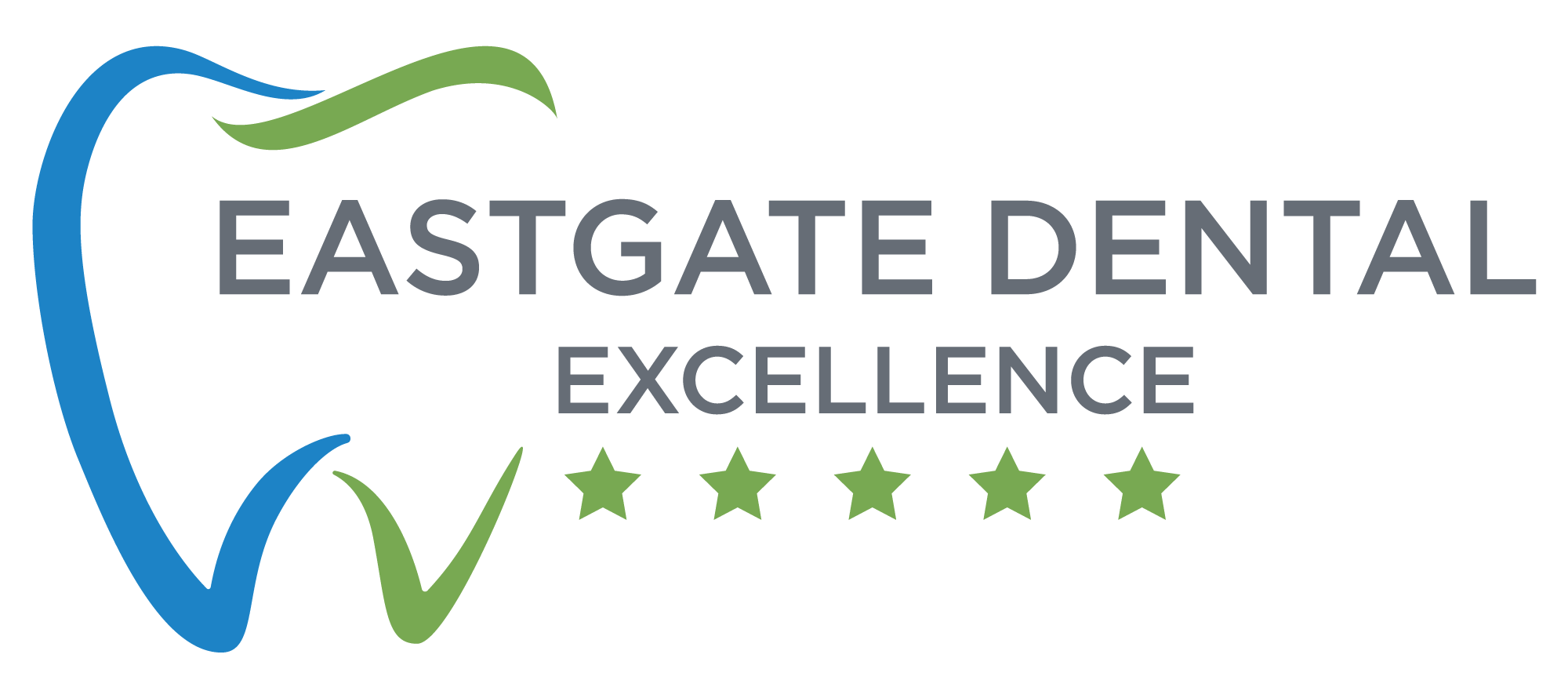Daily headaches aren’t a normal occurrence for anyone in good health. While you may just have a little stress in your life right now, headaches that won’t stop could also indicate a dental health issue you’re overlooking. Thanks to the nerves that run through the roof of the mouth and jaw, there’s a direct channel for pain to develop elsewhere in the head due to problems in the mouth.
Schedule a visit with us here at Eastgate Dental Excellence to determine if your headaches are due to dental issues. At the very least, we can rule out the following six conditions that can all lead to recurring headaches if not treated. This will help you either find the root cause or move on in your medical journey to another set of potential causes for your migraines or head pain.
Tooth Grinding/Bruxism
One of the most common causes of headaches upon waking or during the day is tooth grinding. Also known as bruxism, this is an unconscious practice that mostly occurs at night. This means you may not know it’s happening at all. Tooth grinding interrupts your sleep, which can indirectly lead to afternoon headaches and sleepiness. But headaches upon waking are almost always due to nighttime grinding.
The pressure on the teeth, jaws, and joints of the face causes a headache to settle in as you sleep. You may find it hard to stay asleep or get the rest you need with this condition, further exacerbating stress-triggered pain. A dentist can quickly determine if you’re grinding your teeth at night by feeling the joints of your jaw and looking for wear on the teeth. Mouthguards help prevent damage to the teeth, but you’ll need to address the underlying causes like stress to completely stop the grinding.
Damaged Teeth
Even a single damaged tooth can lead to headaches or migraines due to the trigeminal nerve. This nerve runs through the mouth and face, causing referred pain that’s not where it originates. A tooth that was fractured in an accident or by a hard piece of candy could lead to sensations like throbbing eyes, pounding temples, and aching over the surface of the scalp.
Trying to trace the referred pain back to its source can be difficult for a frustrated patient who just wants to stop having headaches. Our dentists can help determine if the damaged tooth is causing the pain during an exam and help you find the right solution for restoring it and stopping the headache cycle. In many cases, a crown can stop the pain without requiring the removal of the tooth.
Jaw Clenching
It’s not just tooth grinding that can lead to headaches throughout the day. Grinding is primarily a nighttime problem, but jaw clenching can happen all day long without you noticing either. This leads to a disorder involving the temporomandibular joints (TMJ), which attach your jaw to the rest of your skull. Pain caused by jaw clenching is often felt as a non-specific headache rather than tightness in the jaw.
The giveaway may be a clicking noise when you open and shut your jaw. Seeing the dentist is the fastest way to diagnose a TMJ problem and determine a plan of action to tackle it. You will likely need a comprehensive approach that includes both dental care and treatments from other medical professionals.
Bite Pattern Issues
If your teeth have a hard time fitting together, you may start holding your jaw a little differently to compensate. This can prevent chipping and discomfort in the jaw only to pass the problem on to your jaw and then to your head. Headaches due to bite pattern issues are very often overlooked because it’s such an indirect cause of recurring headaches. Even just one tooth that makes it hard to comfortably close your top and bottom teeth together can lead to daily headaches.
Talk to our dental team here at Eastgate Dental Excellence for a bite pattern analysis if nothing else seems to be solving your headache issues. If we discover you’re holding your jaw at an angle to deal with this kind of problem, we can use retainers and other treatments to help perfect your tooth alignment and create a better bite pattern.
Cavities
Even a simple cavity can cause headaches over time. Ignoring the warning signs of a tooth with increased sensitivity or discoloration can lead to headaches as an indicator of advancing decay. Cavities in the molars and pre-molars are more likely than the bicuspid to cause headaches due to their proximity to the trigeminal nerves.
Treat all cavities promptly and don’t skip cleaning appointments every six months since a small cavity can quickly grow into a big one if it goes without treatment for too long. Routine checkups are the key to preventing cavity-related headaches.
Abscesses
Abscesses in the gum tissue or around tooth roots can trigger headaches both directly and indirectly. If the swelling from the infection puts pressure on the wrong nerve, the pain will be direct and intense. Less intense headaches can also be triggered by the general inflammation and immune reaction to the infection, especially if you get a fever. With this cause of dental headaches, you’ll feel it in the affected tooth or gum area as well as in your head. Treating the abscess quickly and following our recommendations for better oral hygiene in the future will stop the headache and tooth pain at the same time.
Contact us today at Eastgate Dental Excellence to discuss any headaches you might be experiencing. We can provide a complete dental exam to find any underlying causes of migraines and other types of recurring headaches.

